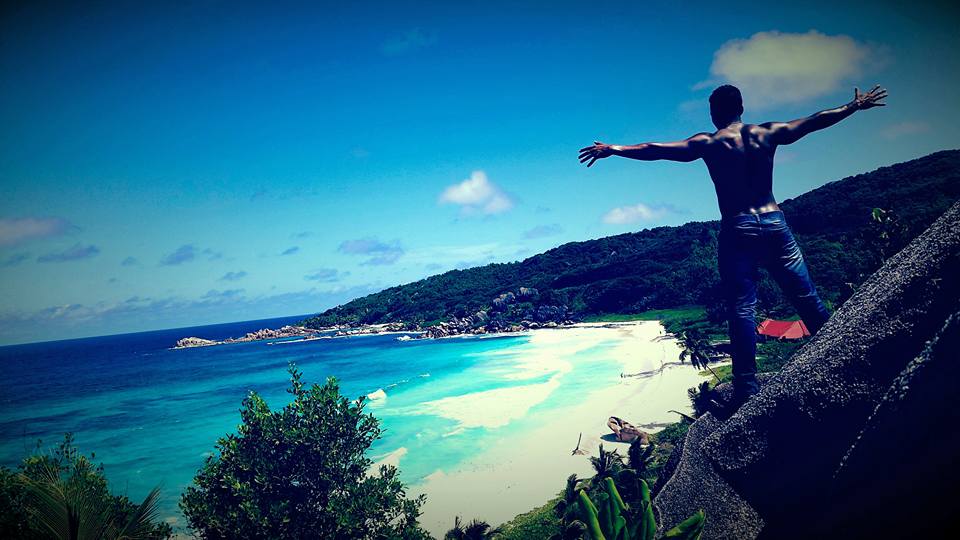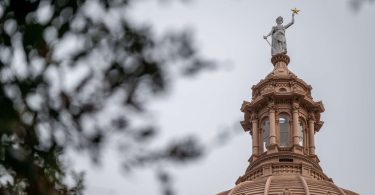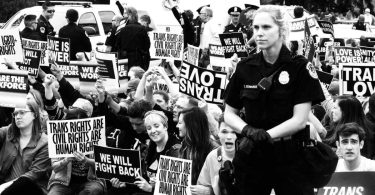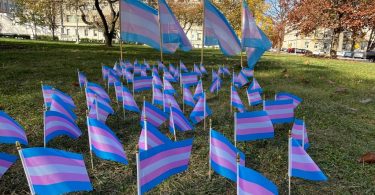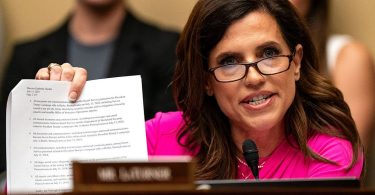The African tourism world became larger and more beautiful for LGBT (Lesbian, Gay, Bisexual and Transgender) travelers.
Seychelles’ National Assembly has passed an amendment to the penal code that decriminalizes the act of sodomy.
The outspoken Seychelles Minister of Culture and Tourism Alain St.Ange took this opportunity and told eTurboNews on the sideline of the ongoing FESTPAC festival of Pacific Island Cultures in Guam.
He said: “Seychelles welcomes tourists with open arms. This include tourists regardless of origin, race, religious believe what includes sexual orientation.
Seychelles is a rainbow nation and had demonstrated this with the United Nations of Culture and the recent carnival and this move to decriminalize sodomy and respect the rights of people is seen as a positive move for the islands.”
Gaytourism.travel spokesperson Scott Foster said: “We welcome Seychelles stand on welcoming LGBT travelers. This is a good move and a global example of how a society opposed to non traditional way of life can be tolerant and welcoming.
IGLTA when contacted would welcome for Seychelles to become the second African member after South Africa to join the International Gay and Lesbian Travel Association.
Recently IGLTA concluded a successful summit in Capetown. The Honourable Mr Derek Hanekom, minister of tourism for South Africa was a host and delivered a keynote speech.
Mr. Hanekom also attended the Seychelles Carnival last month and repeated his call to show all travelers a big welcome. It’s important for a rainbow nation like South Africa to do so. At the same press conference in Victoria, Seychelles Minister of tourism and culture also pointed out his vision of a rainbow nation he claims the Seychelles represents as well. The carnival was used as an event uniting the world.
Currently LGBT travelers are welcome in South Africa, the French Vanilla Island Territory Reunion and now also in the Seychelles.
Homosexual activity between adults also has never been criminalized in Burkina Faso, Central African Republic, Chad, Republic of the Congo, Côte d’Ivoire, Democratic Republic of the Congo, Djibouti, Gabon, Madagascar, Mali, Niger, and Rwanda.
Benin and the Central African Republic, do not outlaw homosexuality, but have certain laws which apply differently to heterosexual and homosexual individuals.
In Uganda, Tanzania, and Sierra Leone, offenders can receive life imprisonment for homosexual acts. In addition to criminalizing homosexuality, Nigeria has enacted legislation that would make it illegal for straight family members, allies and friends of the LGBT to be supportive. According to Nigerian law, a straight ally “who administers, witnesses, abets or aids” any form of gender non-conforming and homosexual activity could receive a 10-year jail sentence. South Africa has the most liberal attitudes toward gays and lesbians, with a constitution which guarantees gay and lesbian rights and legal same-sex marriage.
Most of Africa has been known to high spending LGBT travelers to avoid. The exception was South Africa and the French territory Reunion where same sex marriages are legal and the LGBT community is fully protected. Now Seychelles can be added to a list of countries LGBT travelers are allowed and are welcomed to spend their money and enjoy exploring as a tourist.
Ironically the British introduces a law during colonial times making same sex sexual acts a crime. After the election in Seychelles in his State of the Nation Address in February that the Seychelles President James Michel announced his government’s intention to repeal the 1955 law that criminalises sodomy.
In his letter prior to voting Sodomy out of criminalization, Catholic Church leader Wiehe stated some the teachings of the Church with regards to homosexuality.
He noted that homosexuals have dignity like every human being while also stating that all the Biblical and moral tradition of the Church teaches that homosexual acts are “morally reprehensible.”
Seychelles has a population of around 93,000 and according to the National Bureau of Statistics 76 percent of the Seychelles population is Roman Catholic, 6 percent Anglican, 2.4 percent Hindu, 1.6 percent Muslim, the rest are of other faiths.
For his part the Anglican Bishop James Wong said his church respects the parliamentarians’ decision to vote according to their conscience although a lot of the church members are against the proposed amendment.
He explained to SNA that the Anglican and other churches had already expressed their dissatisfaction with the proposal during a consultative meeting organized by the Leader of Government business in the National Assembly.
Nevertheless now that the act has been decriminalized he said that there needs to be more dialogue.

